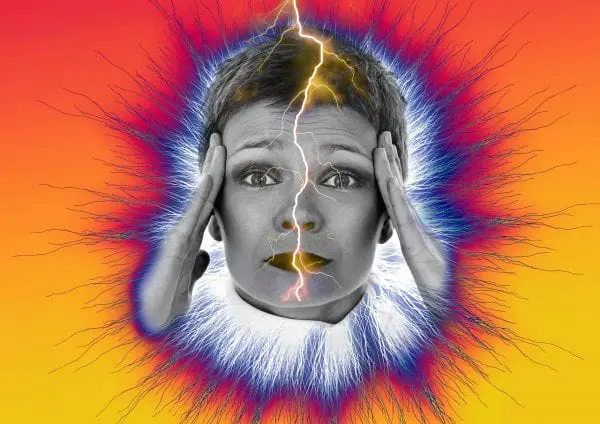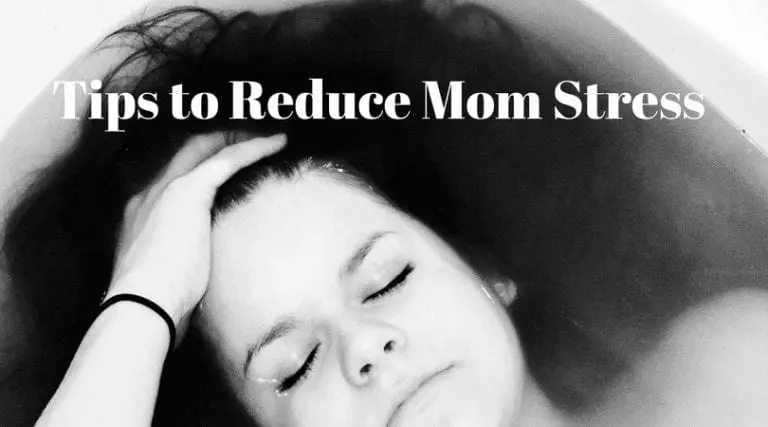5 Home Remedies to Get Relief from Headaches

Meningismus is a medical condition where a person experiences irritation of the meninges. This condition can be characterized by consistent headaches, dizziness, vomiting and is generally caused due to an infection like pneumonia, measles, typhoid, or scarlet fever. These irritations are a result of increased intracranial pressure due to increases cerebrospinal fluid in the brain. The meningismus treatment involves treating the underlying condition along with mitigation measures to reduce intracranial pressure. Since the condition has acute headaches as a sincere symptom, some home remedies might help provide short-term relief from these headaches.
Calm your senses with lavender and peppermint oil
Studies reveal that peppermint oil has a cooling effect on the skin and stimulates an increased skin blood flow significantly. Combined with lavender oil’s abilities as a mood stabilizer and a sedative, it can be a great remedy for a headache. Rubbing the blend of this natural oil on the forehead and temple can reduce muscle contraction and relieve you of a migraine.
Chiropractic therapy
Chiropractic and physiotherapy are non-evasive and drug-free methods to reduce stress levels of your body and relax muscular strain. Chiropractic therapy can counter oxidative stress in a person’s body. Oxidative stress has severe effects on body cell components and thus a systematic therapeutic session can help counter this and thus release stress from the body. A chiropractor can draft a routine based on one’s symptoms and needs. If you follow the routine on regular basis and maintain a healthy lifestyle, it would not only help with your headaches but also a stress-free living.
Herbs are natural healers
Herbs like feverfew, Butterbur, have shown promising results in easing the headaches. Studies indicate the use of feverfew in certain medicines. Trials show that consumption of a certain amount of feverfew can ease the headaches and their symptoms like nausea and sensitivity to light and noise. It has been observed that the consumption of feverfew doesn’t have any eminent safety concerns. The medically recommended dosage is about 100 mg of feverfew extract
Butterbur is another magical herb that can help control the effect of chemicals that trigger headaches. Studies show promising results with a recommended dosage of about 75gm of butterbur twice a day can help regulate blood flow to the brain and thus an effective headache remedy. These herbs are available at various medical outlets in the form of tablets or capsules. Though there are hardly any known side effects of the herbs, it is advised to maintain a prescribed dosage.
Finally, kava, which comes from the plant of the same name, can help promote sleep by slowing the electrical activity in the brain, which helps to calm the mind to help you fall asleep, as well as improving the quality and length of sleep. Combined with a good sleep routine, taking a kava capsule or having a kava tea about an hour before bed can really have a positive impact on sleep. If this is something you are interested in, you may wish to check out Kava Guides online for lots of helpful articles and advice regarding kava, so you can make an informed decision about whether this could be a good option for you. Of course, all herbs have their limitations when it comes to treating insomnia so, should the problem persist, you may also wish to talk to a doctor to find out what the cause of your problem may be, and how best to treat it.
Detox can help reduce tension
A detox bath can help flush out toxins from the body. Elimination of harmful content from our bodies can reduce headaches. The method is pretty simple yet effective. Hot water (tolerable) can bring toxins to the skin surface.
one can enhance the effects of the detox bath by adding different agents
- Adding a cup of apple cider vinegar can be an effective way to drain out uric acid from your body. It not only help with joint pain and headaches, this can soothe skin burns and kill fungus
- Oils like lavender, sandalwood or lemongrass can impart multiple health benefits. Including their soothing capabilities, these can give you smooth skin and cooling sensation.
- A cup of baking powder to your bath would kill all the bacteria leaving behind clean and soft skin.
A hot and cold treatment
A headache can be caused by inflammation in blood vessels which in turn exert pressure on the nerves and thus the headaches. While some headaches are the result of stress and anxiety which causes muscular strain and this affects the nerves. Thus choosing the treatment is the tricky part.
A cold compress treatment might help to reduce the inflammation thus reducing the pressure on the nerves, while a hot treatment might make it worse. Similarly, a hot treatment might help release the strain on the muscles and ease the headache whereas a cold compress might contract and strain them further leading to adverse effects. For a cold compress treatment, one needs an ice pack, while a warm water towel would work for a hot compress treatment. For the treatment, one must relax and maintain calm. In a dim-lit environment, place the hot or cold compress on the area of the strain. After the treatment, it is advised to relax and do low-stress jobs and avoid excessive anxiety.
It is important for a patient undergoing meningismus treatment to record headache patterns and elements that trigger those migraines. It is also necessary to maintain calmness and avoid activities that can lead to muscular or neurological strain. Follow a healthy diet plan and exercise regularly; this might help the muscles relax and reduce pressure on the nerves. Most important of all is hydration. Consume food and items with good nutritional and water content.









